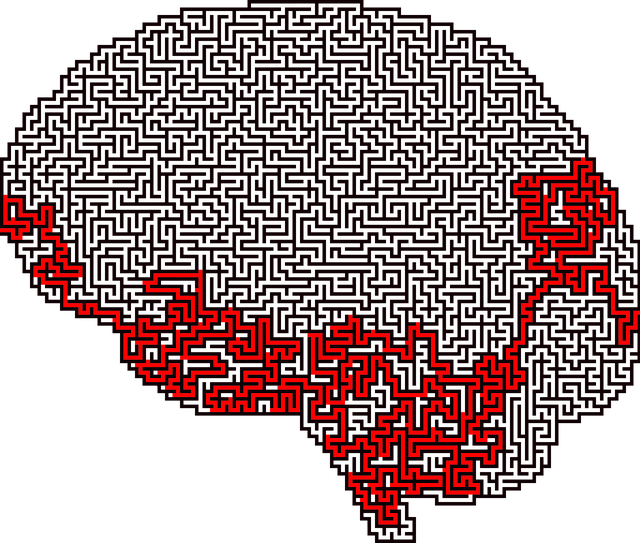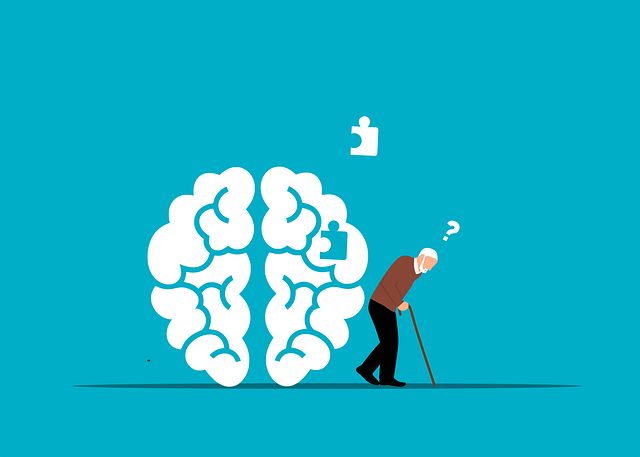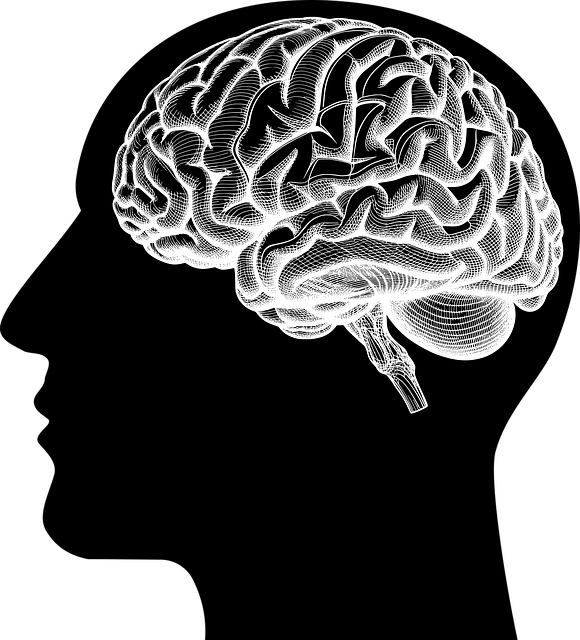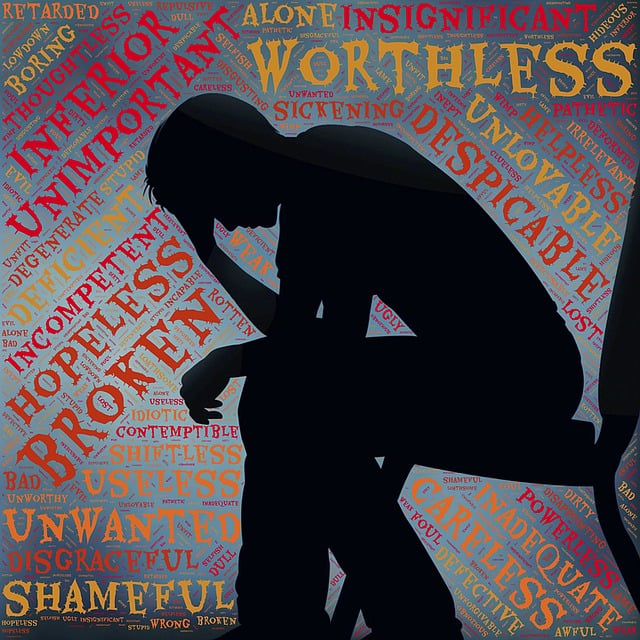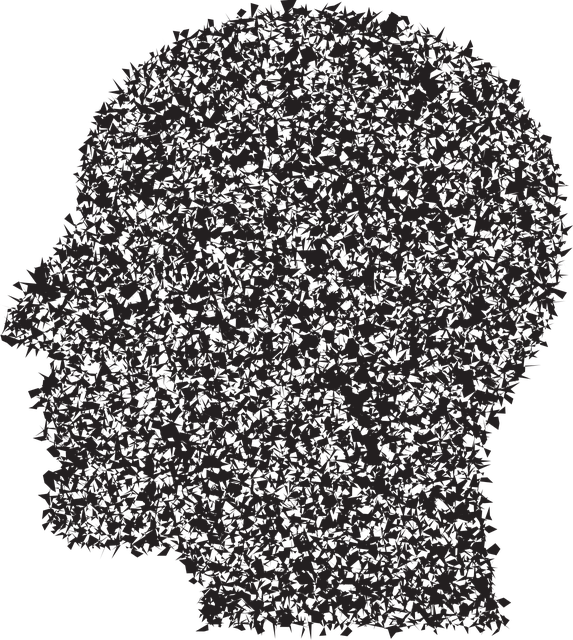Depression in elders manifest uniquely through somatic symptoms like chronic pain, sleep disturbances, and appetite changes, often dismissed as part of aging. Somatic experiencing therapy (SE), focusing on bodily sensations, offers a powerful tool to reconnect with their bodies, boost self-esteem, and prevent deeper emotional crises. This holistic approach, combined with community engagement, mindfulness practices, and cultural competency training for healthcare providers, creates a multi-faceted strategy to address depression in elders effectively.
Depression among elders is a growing concern, but with the right strategies, it can be prevented. This article explores three key aspects of elder depression management. First, we delve into recognizing depressive symptoms in seniors, highlighting somatic manifestations that often go unnoticed. Next, it discusses therapy options tailored for older adults, emphasizing holistic healing techniques. Lastly, practical daily life strategies are presented to empower elders and promote mental well-being, with a focus on Somatic Experiencing as an effective therapy for them.
- Recognizing Depression in Elders: Somatic Symptoms and Their Impact
- Therapy Options for Older Adults: A Focus on Holistic Healing
- Practical Strategies for Daily Life: Empowering Elders to Prevent Depression
Recognizing Depression in Elders: Somatic Symptoms and Their Impact

Recognizing depression in elders is crucial as it can manifest differently compared to younger individuals. Somatic symptoms, such as chronic pain, sleep disturbances, and changes in appetite, are often the primary indicators for older adults. These physical signs can significantly impact their daily lives, leading to increased isolation, reduced mobility, and a decline in overall well-being. For instance, a senior with depression might experience persistent headaches or body aches that persist despite medical treatment, affecting their ability to engage in once-enjoyed activities.
The unique challenge lies in the fact that elders may downplay or attribute these symptoms to natural aging processes, hindering their willingness to seek therapy for elders. Incorporating somatic experiencing—a therapeutic approach focusing on bodily sensations and responses—can be highly effective in addressing these subtle yet profound signs of depression. By helping individuals reconnect with their bodies, this therapy facilitates a powerful tool for self-esteem improvement and confidence boosting, ultimately aiding in the prevention of deeper emotional crises.
Therapy Options for Older Adults: A Focus on Holistic Healing

For older adults dealing with depression, therapy options that prioritize holistic healing can be transformative. Somatic Experiencing (SE), a therapeutic approach focusing on bodily sensations and emotional release, has shown significant promise in treating complex trauma and enhancing overall well-being. This method encourages individuals to reconnect with their physical selves, addressing the deep-rooted stress responses often associated with depression. By facilitating emotional healing processes, SE empowers older adults to regain a sense of control and boost their confidence.
A comprehensive risk assessment for mental health professionals is crucial when employing holistic therapies like SE. This ensures that the treatment is tailored to each individual’s unique needs while prioritizing their safety. Through these nuanced approaches, therapy becomes more than just symptom management; it fosters profound personal growth and resilience, offering a sustainable path towards mental wellness for elders.
Practical Strategies for Daily Life: Empowering Elders to Prevent Depression

Preventing depression in elders is a multifaceted approach that empowers them to take an active role in their well-being. One effective strategy is incorporating somatic experiencing therapy, which focuses on bodily sensations and trauma resolution. This type of therapy can help elders process past experiences, reduce anxiety, and improve mood regulation, all vital aspects of mental health maintenance.
Additionally, fostering social connections and engaging in meaningful activities are essential. Encouraging elders to participate in community events, volunteer work, or join support groups can combat feelings of isolation and loneliness. Healthcare providers play a crucial role here; they can offer cultural competency training to ensure understanding and sensitivity to diverse elder populations. Promoting self-awareness exercises, such as mindfulness practices, can also help elders manage stress and develop coping mechanisms. Burnout prevention is key, as chronic stress can contribute to depressive symptoms. By implementing these practical strategies, we can empower our aging population to navigate the challenges of daily life with resilience and maintain a sense of well-being.
Depression prevention in older adults requires a multi-faceted approach that considers both somatic symptoms and holistic healing. By recognizing the unique challenges faced by elders, such as physical pain and cognitive changes, we can empower them with practical strategies to enhance daily life. Integrating therapeutic options like Somatic Experiencing alongside conventional treatments offers a comprehensive solution, fostering resilience and improving overall well-being. Through these combined efforts, we can ensure that older adults have the tools needed to navigate life’s challenges and maintain mental health.


